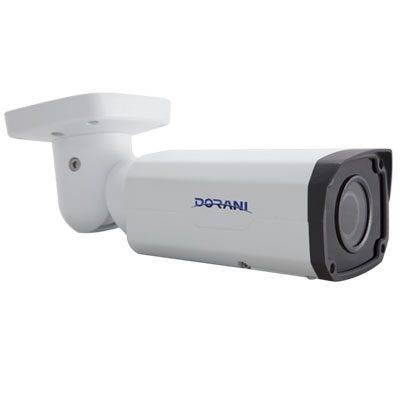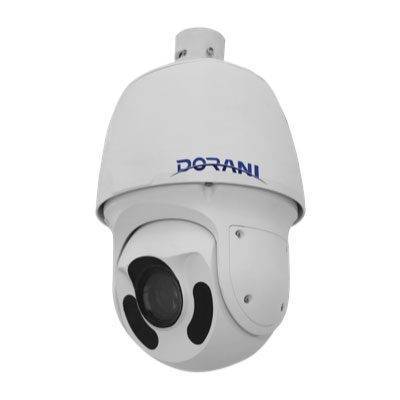Home security is an essential consideration for any homeowner, helping to ensure the safety and protection of your property and family. If you are considering installing security cameras or CCTV at your home, this article will explain the differences, helping you decide which system is right for you.
CCTV System
Purpose: CCTV is used to monitor and control locations. However, their purpose is the same- to enhance safety and provide a 24/7 security solution.
Access: CCTV stands for closed-circuit television. It is a self-contained system where the images can only be accessed by equipment within the system. The recordings are stored in a physical location and can only be viewed by a limited set of monitors.
Placement: CCTV must be wired to one location.
Function: CCTV is primarily used to monitor locations and deter crime.
Surveillance Camera
Purpose: Surveillance cameras have a broad range of uses and are used in a variety of settings. Ultimately, enhancing security and safety is the primary goal.
Access: Surveillance cameras transmit the video and audio to a wireless receiver where it can be viewed, recorded, or streamed. Moreover, the recordings are digital.
Placement: Surveillance cameras can be moved around.
Function: Security cameras have a wide range of uses. They deter crime and provide video recordings of incidents where required.
While there are differences between security cameras and CCTV systems, they share various benefits.
- Enhance security. Not only do security cameras enhance safety by deterring crime and collecting video evidence, but their presence also increases the sense of safety and offers peace of mind for business and homeowners.
- Support the use of other security measures. Security cameras are just one part of a comprehensive security system. Buildings with a complete security solution also have equipment such as alarms, intercoms, proper locking systems and safety procedures.
- Act as a deterrent to criminal activity. The presence of security cameras can deter criminal activity, helping to reduce crime rates and protect your premises.
- Provide video evidence of incidents. If an incident occurs near your premises, recordings can provide valuable insight into what happened and offer information about the perpetrators. For example, your security cameras may capture car registration plates or images that help to identify the perpetrators.
- 24/7 monitoring and night vision. Security camera technology has advanced, enabling constant surveillance, even at night.
Install a CCTV system or surveillance camera at your home
If you’re considering installing a CCTV system or security camera at your home or business, contact the Dorani team to learn more. We offer an extensive range of security equipment and can help you identify the best system for your unique premises.
We are an Australian owned and operated company that has been creating, supplying and installing innovative security solutions since 2002. Prioritising function and design, we are constantly seeking ways to enhance security systems to protect your family, home and belongings.
Contact us on (03) 9357 0942 for all your alarm systems, intercom systems and CCTV cameras today!




